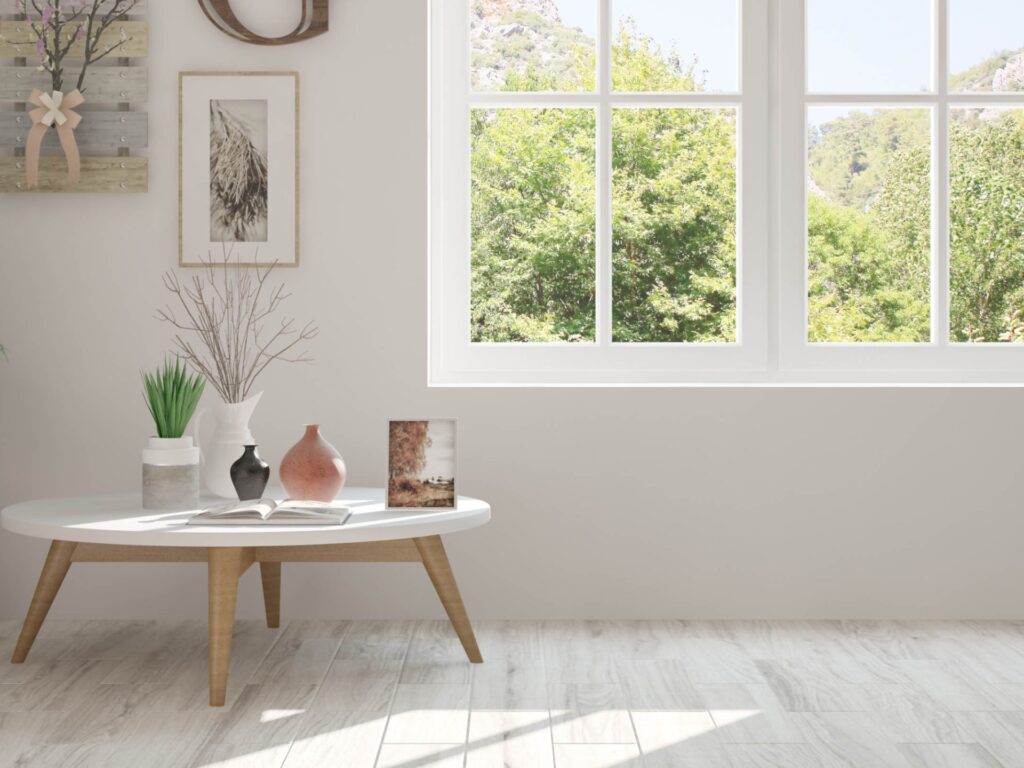If you’re considering adding extra space and value to your home, a conservatory can be a fantastic choice. But with so many styles and materials available, it’s crucial to find the right fit. In this guide, we’ll explore common types of conservatories in Kent, helping you find the perfect solution for your home. After all, whether you’re looking for a Victorian charmer or a sleek lean-to, each design brings its own benefits when it comes to space, style, and comfort.
Explore various styles
Conservatories come in a variety of styles, each with its own appeal. Popular designs for homeowners in Kent and the South East include Edwardian, Victorian, lean-to, and gable-end conservatories.
Edwardian conservatories have a timeless and elegant feel. Their rectangular or square shape maximises floor space, making them ideal for garden rooms or multifunctional areas. Their clean lines and classic aesthetic blend seamlessly with both modern and traditional homes.
Victorian conservatories are perfect if you’re seeking a bit of charm and character. Typically featuring ornate details and a bay front, these conservatories work well for those who love a traditional design that complements period properties. The rounded corners provide a soft, inviting space, ideal for relaxing and enjoying natural light.
Lean-to conservatories are one of the more versatile and budget-friendly options. Their simple design—featuring a sloping roof attached to the house—makes them a great fit for homes with limited space. Lean-to conservatories are a fantastic option when you want a straightforward home improvement that complements minimalist aesthetics without overwhelming the existing architecture.
For those seeking something truly spectacular, gable-end conservatories are all about impact. With their tall, upright front that mirrors the gable of a house, they create an impressive sense of height, making them perfect for homes that need that extra touch of grandeur and elegance. These spacious designs allow for a strong influx of natural light, making them one of the best solutions for bright, expansive living areas.
Each style brings its own benefits whether you’re looking to add space or upgrade the beauty of your home. Choosing the right type of conservatory for your Kent property can make all the difference in terms of functionality and aesthetics.
Materials used in conservatory construction
Modern conservatories aren’t just about beautiful designs—they’re also about combining durability, sustainability, and energy efficiency. There are several materials you can choose from when it comes to conservatory frameworks and roofing.
uPVC conservatories are especially popular thanks to their affordability and versatility. uPVC is low maintenance and extremely durable, offering excellent insulation properties that contribute to energy-efficient conservatories. It’s the right choice when you want to keep your conservatory comfortable year-round without breaking the bank.
Aluminium conservatories are an ideal balance between durability and contemporary style. Aluminium offers slimmer sightlines than uPVC, creating sleek, modern aesthetics and allowing larger panes of glass for uninterrupted views of the garden. Known for their strength, conservatories made with aluminium frameworks promise great longevity while maintaining a light, airy feeling.
All these materials have something valuable to offer—whether it’s the low-maintenance qualities of uPVC, or the sleek modern look of aluminium. If you’re aiming for sustainability and energy efficiency, solutions like REHAU’s uPVC windows and Ultraframe’s advanced systems can make a noticeable difference in overall performance.
Planning and building regulations
Understanding the local regulations around conservatories is crucial, especially when navigating installations in Kent. For most conservatories, planning permission may not be necessary if the build falls within certain parameters—such as size limitations and distance from property boundaries. However, it’s important to confirm this with your local planning officers, as some restrictions apply based on the size of your house and whether you live in a conservation area.
Even if planning permission is not required, an understanding of building regulations remains essential. These rules aim to ensure the structural integrity, energy efficiency, and safety of your conservatory. Without adhering to these standards, you could face future headaches when selling your home or dealing with insurance claims. Fortunately, professional installers like Exclusive Glazing will guide you through the planning and building process to ensure everything is in line with local guidelines.





